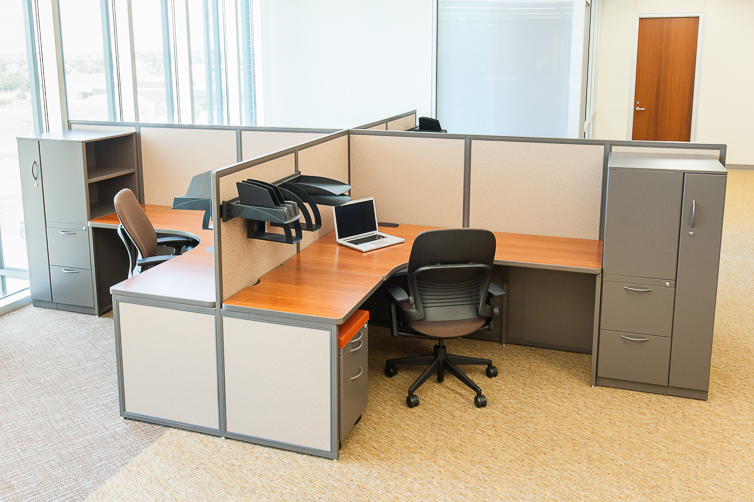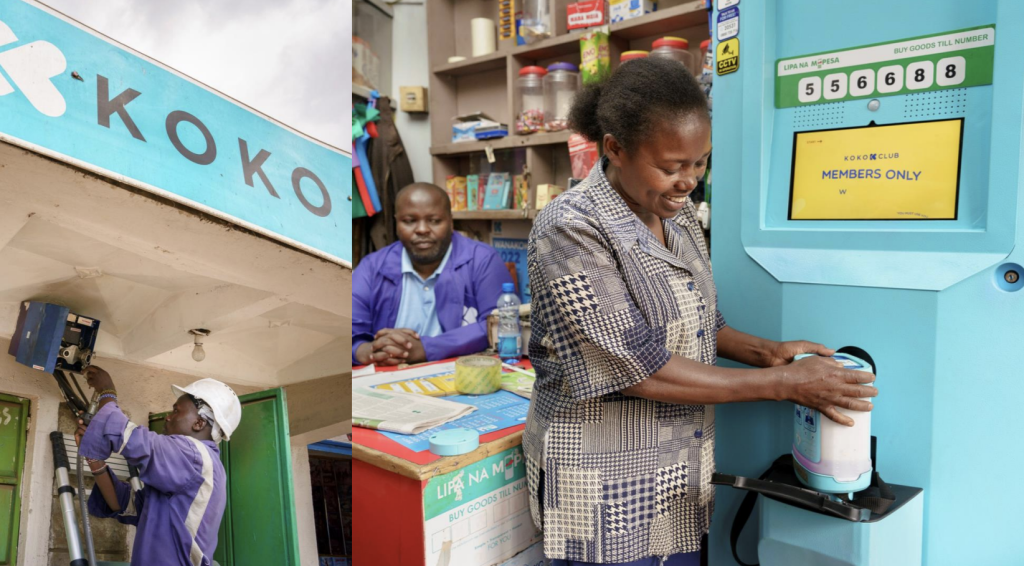Slack, Trello, Google Docs (or Paper if you are spectacularly tech-forward) and Appear.in. These things have made physical office spaces for many startups almost redundant.
Slack is the real-time team messaging app that is killing email; Trello, the collaboration tool for tracking projects, Google Docs for collaborative editing (same thing Paper does) and Appear.in for video conferencing without the complexity of usernames and passwords.
These products mean startup staffers can work from different parts of the world and still get things done. Here at TechCabal, about 70% of our staffers work remotely and they are usually just as efficient, maybe even more so, as those who come to the office everyday (including me).
But TC is a journalism startup (yes!), so maybe it’s easy for us to pull it off. However, as the tech powering remote work becomes popular and more optimized, a very important question is why tech startups should continue to have physical office spaces.
I’ll come right out and say it. Tech startups – most whose work revolve around developing apps to solve for a problem – don’t need a physical office. TechCabal is a startup in its own right (oh, I’ve said that before), but 99.9% percent of the conversations happen on our multi-channelled Slack.
At the time of this writing, Bankole is away in Nairobi and he could as well be right across the desk. He is following the process and offering insights into stories. Nothing’s changed.
The strongest case for a physical office is perhaps how it helps to build culture and social interaction. Workers connecting daily and sharing perspectives around the watercooler, under the watchful eyes of HR helps them internalize the startup’s values.
However, in most startups there is hardly anytime for these watercooler conversations, and the need to internalize corporate values only exist because workers are required to meet physically in the first place. Exclude that from the equation and the code of conduct or whatever cursive harness for indiscretion and general millennial douchey-ness won’t be needed. An operation moved entirely online will simply require a memo posted in the appropriate slack channel. Like this one Bankole posted about Torrenting earlier in the year.
Remote working comes with a multitude of advantages including, a wider pool of talent for the startup, more time for staffers to get things done because the two hour commute to and from their house is cut, (this TechCabal article talks more about the benefits of telecommuting), but perhaps the winning case for remote working is that you can work in your pyjamas the startup cuts out the budget for a physical space.
In Lagos, it costs at least N600,000 ($3,000) per annum to get an office space half the size of a volleyball court, other utilities like power and connectivity not included. That is more money that could go into building out the startup’s API or some other arcane thingamagic needed to make the startup pwn. Hire more talent. Buy a kiddies pool.
There are factors to consider of course for the staffers, including power and connectivity which are mostly expensive and unreliable. An alternative, therefore, could include working from subscribed co-working spaces where these facilities are provided.
This won’t apply to every startup, in fact, some – especially e-commerce outlets in these climes – need physical spaces to get customers’ trust but overall, cutting the physical office is more beneficial in the long run.
















